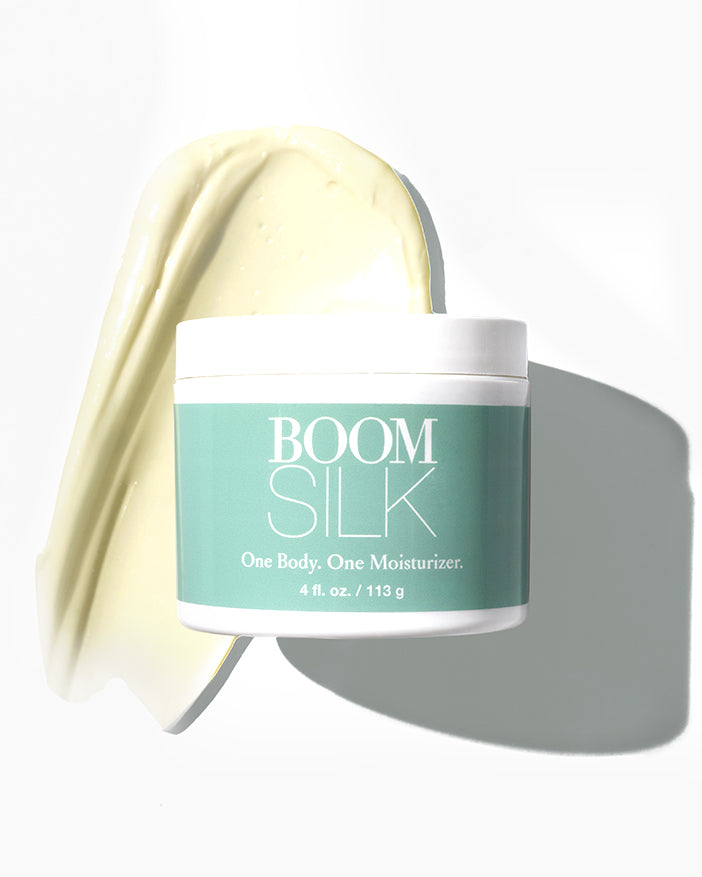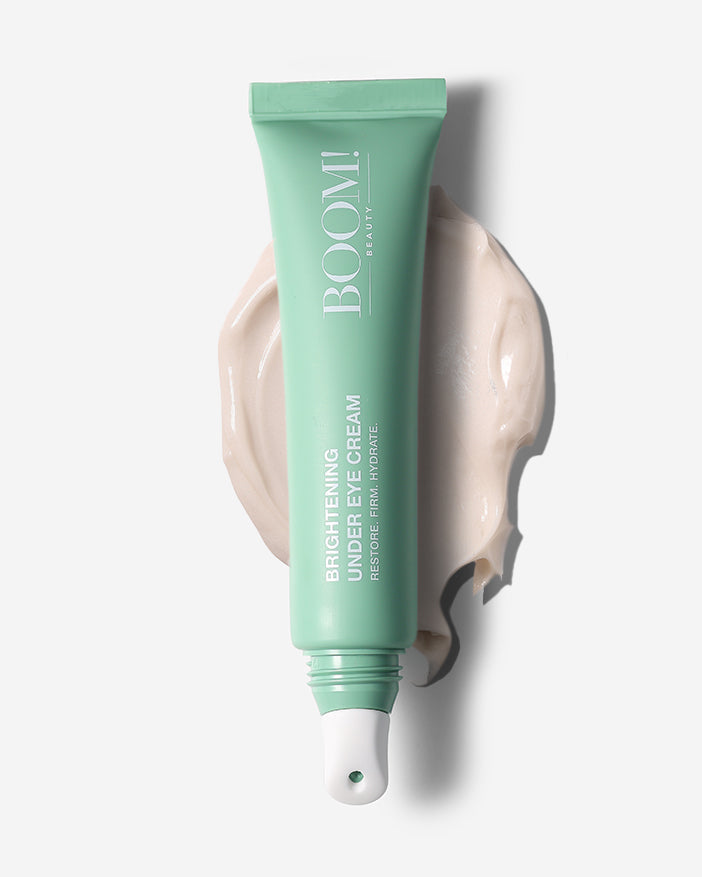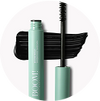Rethinking Aging: How to Plan to Live to 100
Rethinking Aging:
How to Plan to Live to 100
By Jessica
Our society imprints so many messages about aging onto us, we often carry around loads of assumptions without even realizing we’re doing it.
For example, there’s a cultural assumption that once we hit 60 or so, the end is in sight (even from a distance), and it’s time to start slowing down.
But what if 60 wasn’t the “beginning of the end” but was closer to the middle? How would that change how you thought about yourself, your daily rhythms, and the years stretching out before you?
Our cultural assumptions about lifespan were forged years ago, when people lived much shorter lives—and now, they don’t apply anymore.
People are living longer and longer these days, and science is predicting that lifespans are going to keep increasing.
A recent major study predicted that by 2050, the average lifespan for American women will be as high as 94-years-old! And that’s just the average. People regularly live to be over 100.
So, knowing that, could it be possible to adjust our assumptions about the arc of our lives—and shift what we think of as the “end” as the “middle” of life?
I’ve been experimenting with this, and I’m finding that it radically opens up what I imagine can be possible in my time on the planet.
It also makes me value taking care of myself and keeping myself healthy so much more—because I’m going to need this body to run well for a lot of years!
Here are some ways I’ve found to loosen up and expand my ideas about lifespan and the arc of our lives.
Remember how you felt at earlier milestones.
I had a complete freak out when I was about to turn 30. I thought it was so old. (Ha!) I was stressing about whether I’d accomplished enough yet.
I was feeling scarcity about how much time I had in front of me and how fast the previous few years had gone by. I felt like something was “over.”
Then I had an epiphany.
The reason 30 felt like such a big deal was because my only experience of being “myself” (i.e. an adult) was being in my 20s—and that decade was ending. But that meant I had only done one decade of adulthood!
I realized that 30 wasn’t the end of anything, it was the very beginning of my adult life.
That reframing totally shifted how I felt, and all of a sudden I was super excited to turn 30.
Most of us have some version of this story around turning 30. We can all look back and chuckle at how “old” we thought 30 was when we were actually really, really young.
Guess what?
Same thing applies to 40, 50, 60, 70 and every decade after.
Do the math.
It’s no longer unrealistic to think you’ll live to 100 especially if you live an active life, take good care of yourself, and eat well.
If you assume a lifespan of 100 (instead of the 70 years it used to be), that means “midlife” is 50. That means when you hit that midpoint you’ve potentially got another five decades in front of you.
Think about everything you did with the first five decades. It’s a lot!
At 50, there’s time to reinvent yourself (at least twice!), go back to school, travel, choose a new career, master an instrument or several, start a new business, learn new languages, move to another country, totally transform your lifestyle.
Once we loosen up our ideas about what’s possible, and distance ourselves from the assumptions that have been imprinted on us, we can think about how many years we actually have.
I find once I actually do the math, I’m amazed at how much time I have—and I start creatively imagining all the things I can do with that time.
Look for role models.
My dad—an accomplished psychiatrist with a high-level career in the federal government—always loved psychoanalysis. He studied it in his spare time and read about it voraciously for his entire life.
When he retired from the federal government at 65 years old, he went back to school to become an analyst. That’s a four-year graduate program.
My dad started an entirely new career as a psychoanalytic psychiatrist in private practice—after he retired.
At 65, he wasn’t “too old” to go back to school. He wasn’t slowing down—he was reinventing himself, training in something he loved. Almost 20 years later, he’s incredibly successful and working full time.
I consider him a model for longevity and lifelong expansion. And there are people doing the same all around us.
Look around you. Who in your sphere is doing the same? Who’s reinventing themselves, studying, learning, starting new things whatever their age?
Who’s living like they have decades in front of them—even if they’re 70 or 80? Watch what they do to recognize that it can be done.
And the great news? Living like this actually increases your longevity—so it’s a positive feedback loop!
What are you looking forward to the most in the decades to come? How have you shifted your expectations about longevity? Let us know in the comments below!
CHECK OUT OUR MOST POPULAR CONTENT































